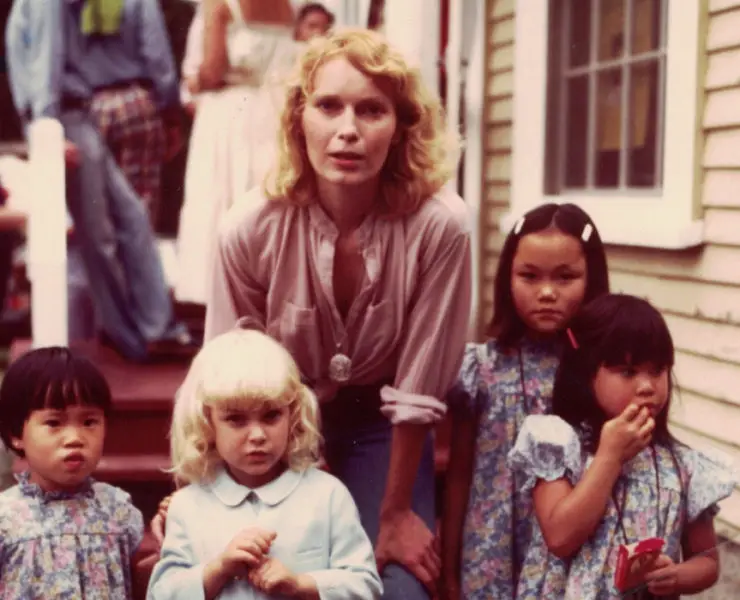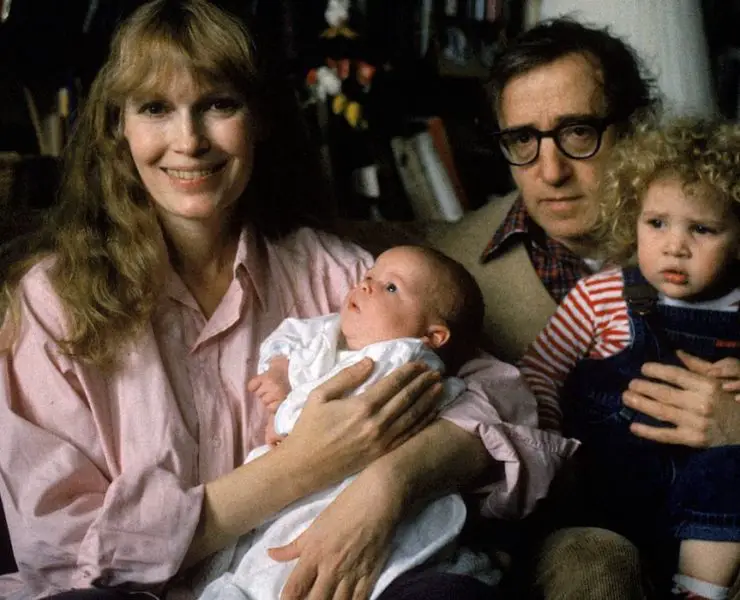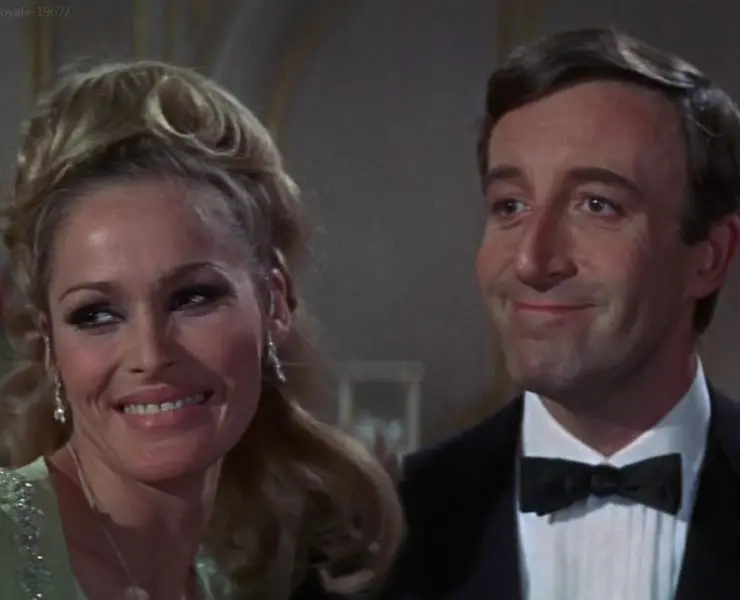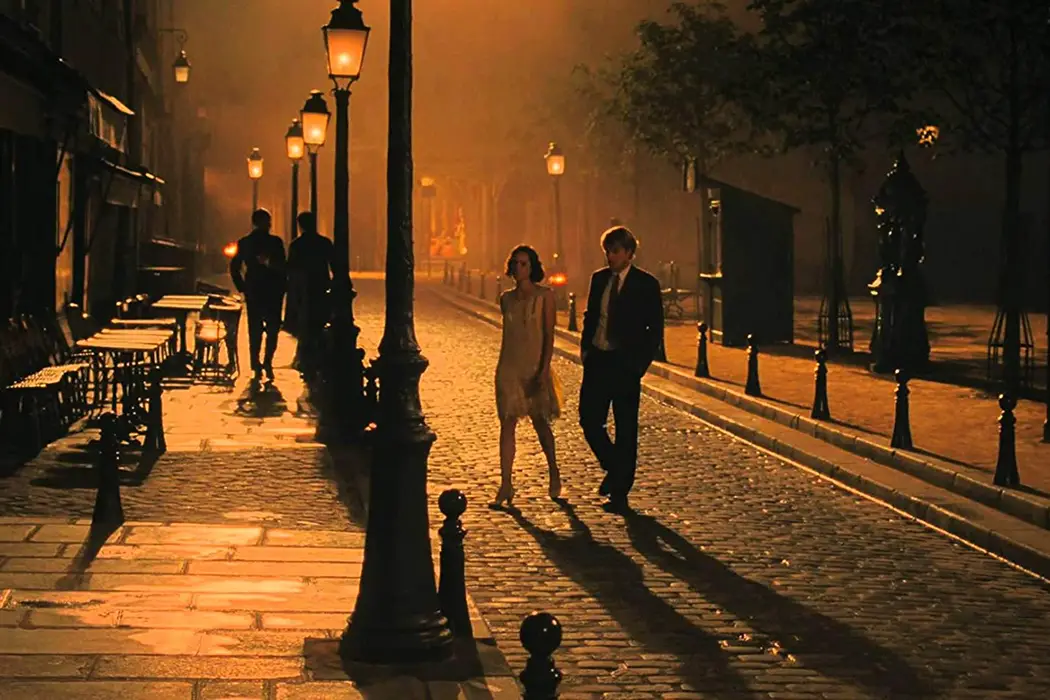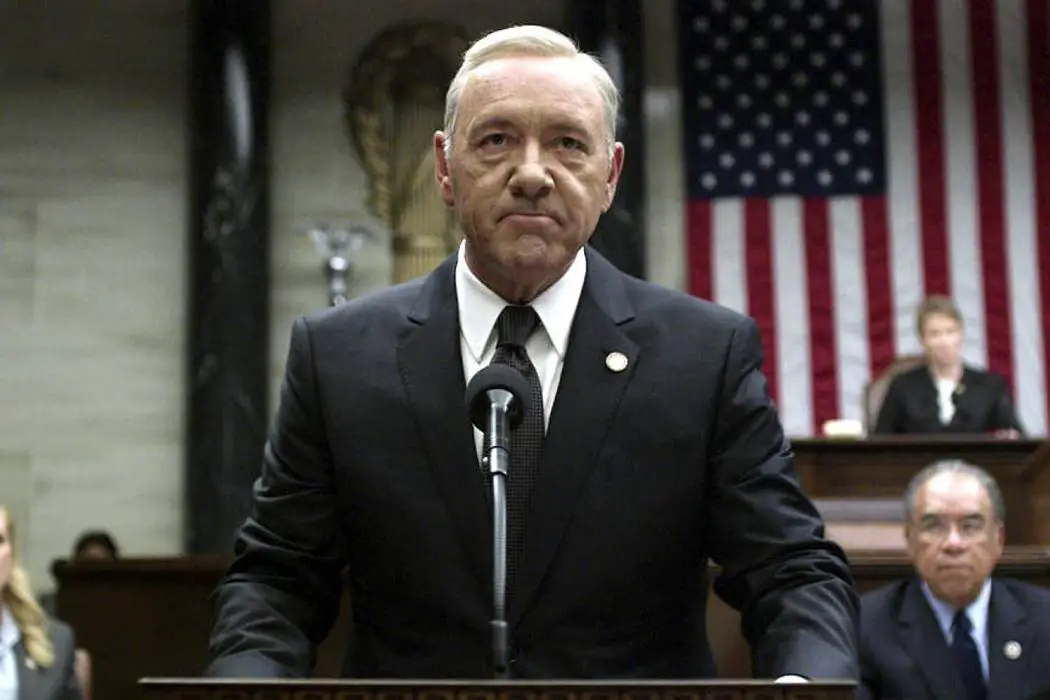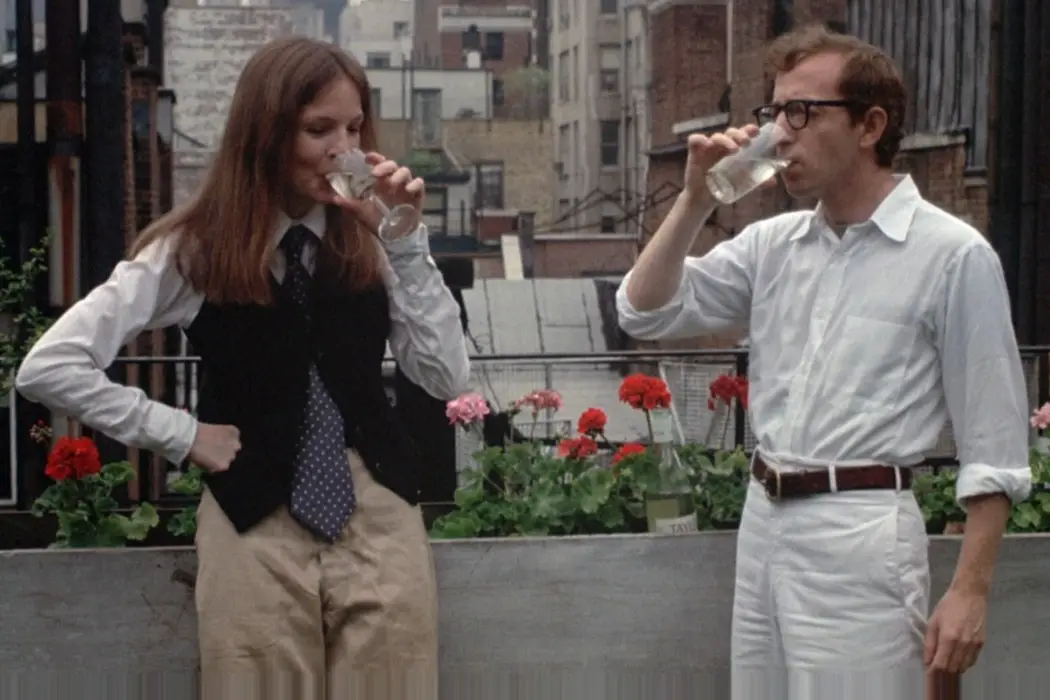Woody Allen

It now appears to be a given that every few years, Woody Allen produces a film hailed by critics as a “return to form”. In keeping with relatively recent late period offerings such as Blue Jasmine, Midnight in Paris and Vicky Cristina Barcelona, Café Society has also been afforded that accolade. Is this lazy journalism or a concise way of communicating that he has again crafted a film that bears the hallmarks of this aging auteur’s better judgement?

2016’s annual Woody Allen movie is Café Society, which kicked off this year’s Cannes Film Festival and drew more attention for a joke aimed at Allen than its middling reviews. This kind of reaction to his films isn’t uncommon. The last year he didn’t release a movie was 1981, and it’s more like clockwork than an event when another one comes out.
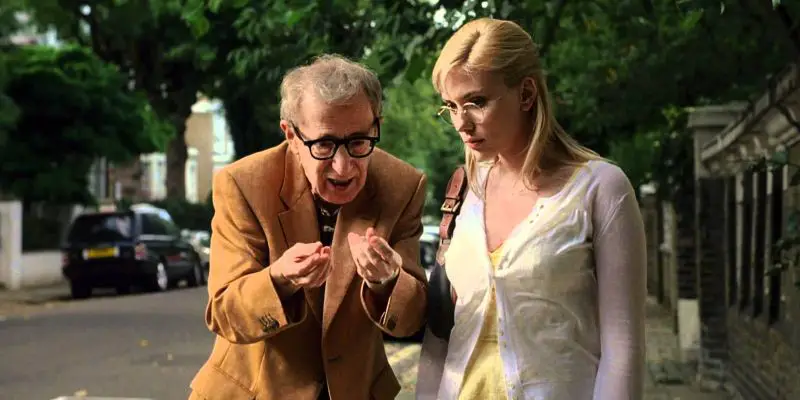
Should you feel like bringing up Woody Allen in conversation there is a good chance you will either be met with a proclamation of love or a snort of disdain. The Brooklyn-born filmmaker, now in his eighth decade, is divisive for a whole range of reasons (not all of which are related to his films), but he has a solid fan-base that has allowed him to become one of the most consistently working directors around. Averaging out at one film per year, Allen has an extensive back catalogue that is often overlooked.

After bugging my colleagues with discussion on Woody Allen films maybe one time too many, it was suggested that I write his Beginner’s Guide. Surprisingly, the thought hadn’t occurred to me, but I’m very excited to present my guide for you here now. I’ve gone a slightly different approach than usual because of the sheer amount of films the man has made in his still-continuing career, so it’s broken up into segments rather than a few films you should watch to get you started.

Woody Allen’s perennial dialogue of death and futility is upon us, and, as someone who takes comfort in the recurring anguish of Mr. Allen’s films, I couldn’t be happier with his 2015 iteration, Irrational Man. He executes a story equivalent in scope to what has become one of the auteur’s main ambitions these fifty years:




